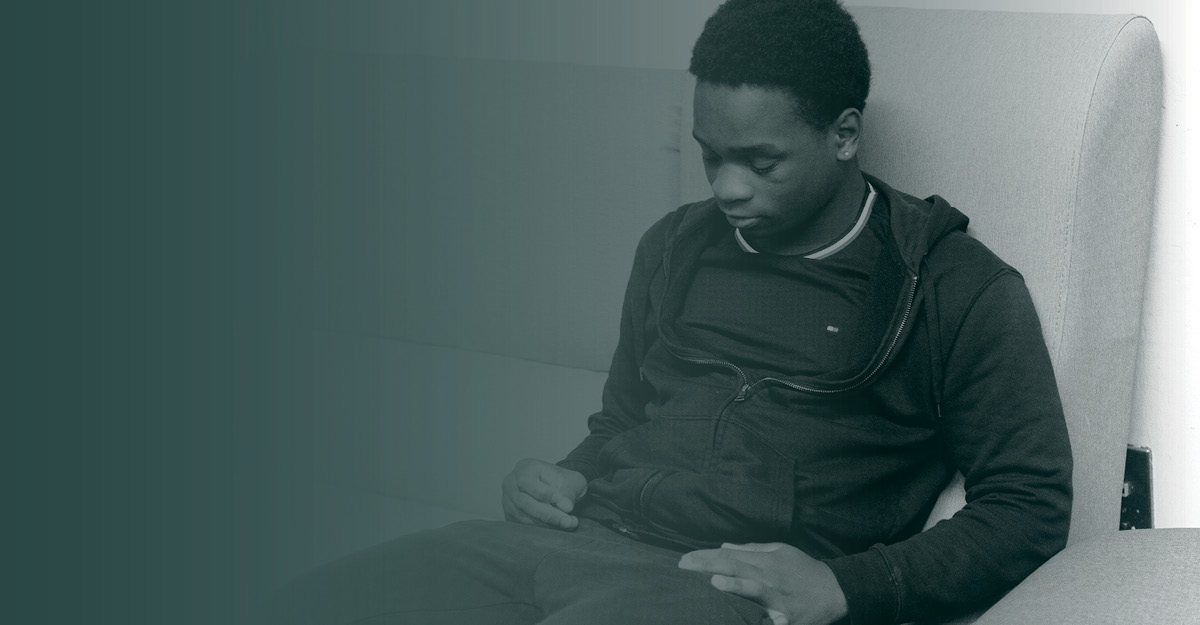All kids and teens fidget, get sidetracked and become absorbed in their senses to some degree. However, kids and teens who have attention-deficit disorder (ADD) or attention-deficit/hyperactivity disorder (ADHD) may find it harder than their peers without a diagnosis to pay attention, sit still, and curb impulsive thoughts and actions.
ADD and ADHD are some of the most common mental health conditions affecting kids and teens, with more than 11% of youth ages 5 to 17 being diagnosed with ADHD.
Because of the ideas adults have about how kids should typically behave, children and adolescents with ADHD may be seen as having more behavioral issues than kids without this diagnosis. However, we want to flip the script and help kids see some ADHD symptoms as positives, not negatives, as well as give adults the tools to better support those with this diagnosis.
What are common ADHD symptoms?
Many of the common symptoms ADHD fall into the following categories: symptoms due to inattentiveness, hyperactivity and/or impulsiveness.
Inattentiveness may cause kids and teens to
- be distracted and have trouble paying attention
- seem not to listen
- not follow directions
- need reminders
- not thrive in traditional schoolwork while sitting at a desk
- be disorganized
Hyperactivity may cause kids and teens to
- climb, jump or roughhouse when it's time to play quietly
- fidget and need to be in constant movement
- rush instead of take their time
Impulsivity may cause kids and teens to
- interrupt a lot
- give in to intrusive thoughts by doing something or blurting things out, even if they know they shouldn’t
- have difficulty waiting, taking turns or sharing
- have emotional outbursts and lose their temper

So how can adults support kids with ADHD and turn potential negatives into positives?
Learn about their needs. The best way to support kids and teens after an ADHD diagnosis is to learn about their needs and connect them to mental health professionals and experts who can help. Ellipsis is a great resource to start with, and so is a child’s regular pediatrician, who could recommend a specialist, some support techniques and possibly medication.
Work with educators. If your child is old enough to be in school, their teachers, special education professionals or school counselors are likely great resources to support them in the classroom. Ask educators what they can do to support your child in the classroom and how you can support their classwork outside of the school day.
Kids and teens with ADHD may not always thrive in a traditional classroom setting where they are encouraged to sit still and passively absorb information. See what you can do to differentiate your child or teen’s education through hands-on learning experiences. You can also praise the work they do in the classroom and not compare them to others who may not have ADHD.
Set clear expectations and prepare them. Before entering a new place or situation, have conversations with your child about how they should behave and what they can expect. With proper preparation, new scenarios may not be as overwhelming and overstimulating.
Praise what they do well. It can be easy to fall into a cycle of “do this, not that” with a child or teen who has difficulty focusing and controlling impulsive behaviors. Praise doesn’t have to be effusive and overdone, but giving them praise and attention when they do things right or succeed in their own way is crucial to building self-esteem and motivation to continue good behaviors.
Focus on the positives. Kids and teens who have ADHD may hyperfocus on one thing, making them great problem-solvers and learners about certain subjects. They may also approach things with a creative perspective. Encourage their activities and interests.
If an adult could benefit from more information on how to best support kids and teens with ADHD, reach out at EllipsisIowa.org. Learn more about our services here.
